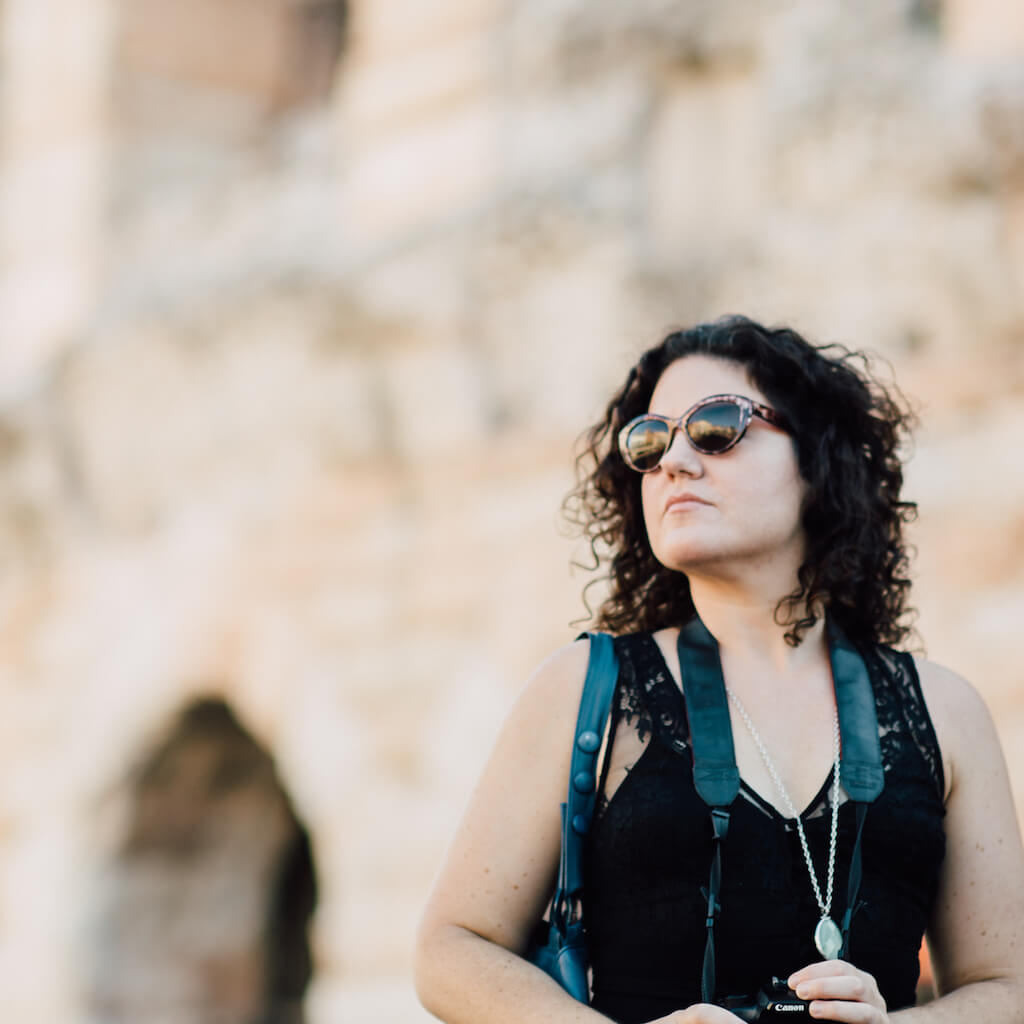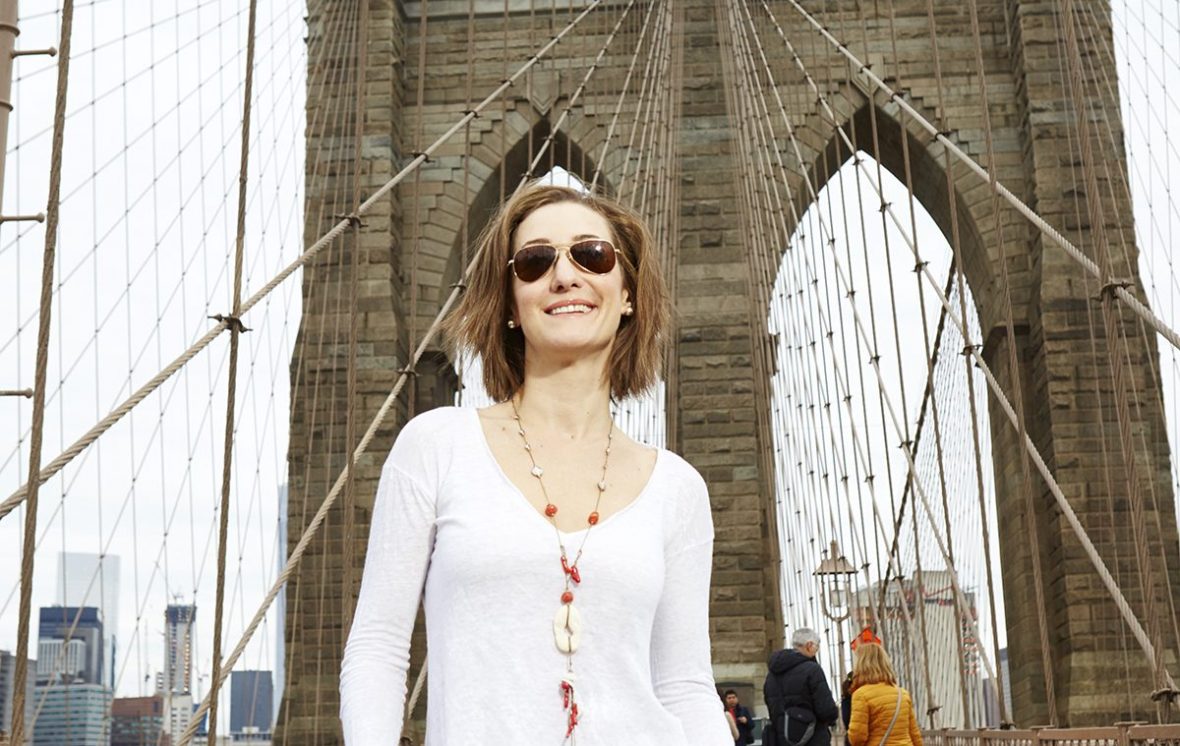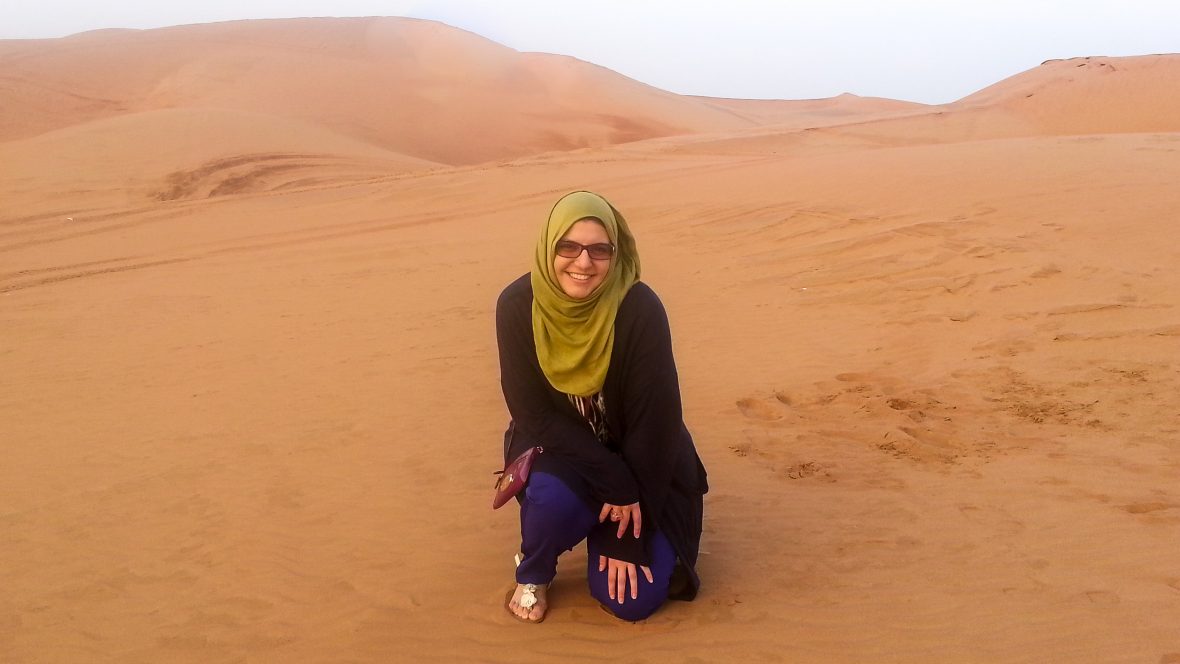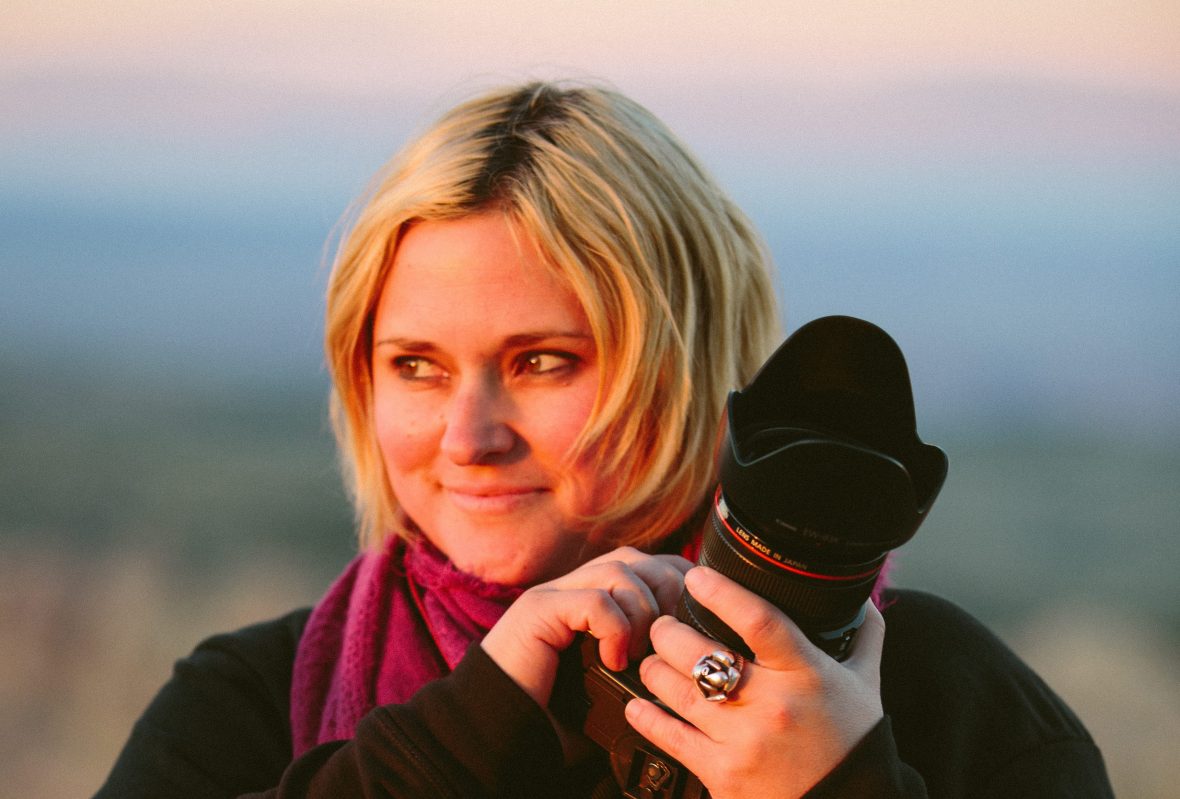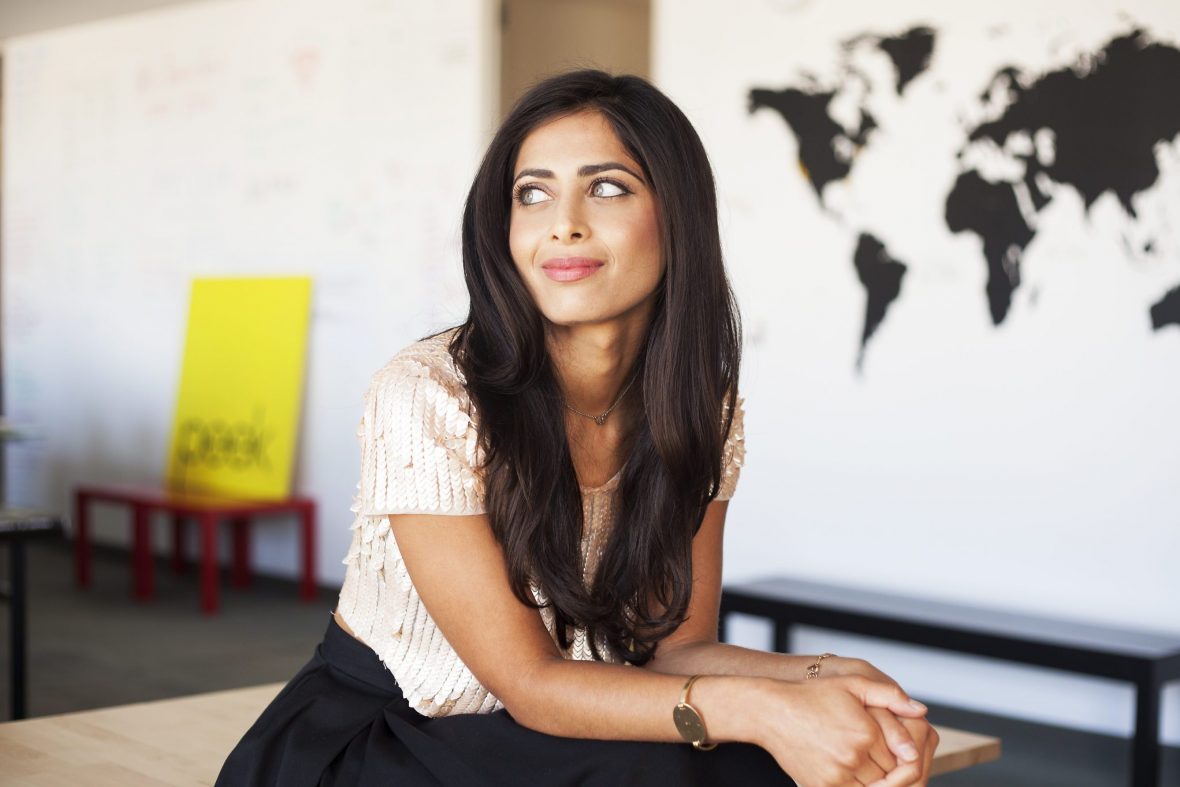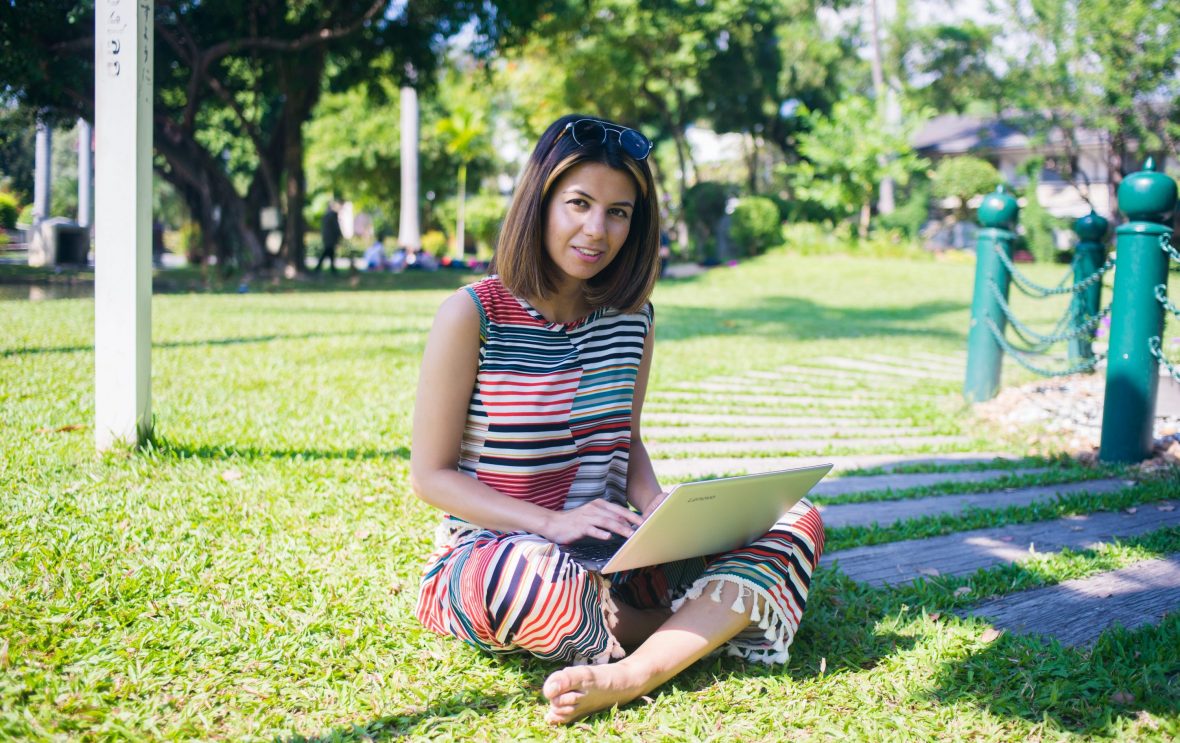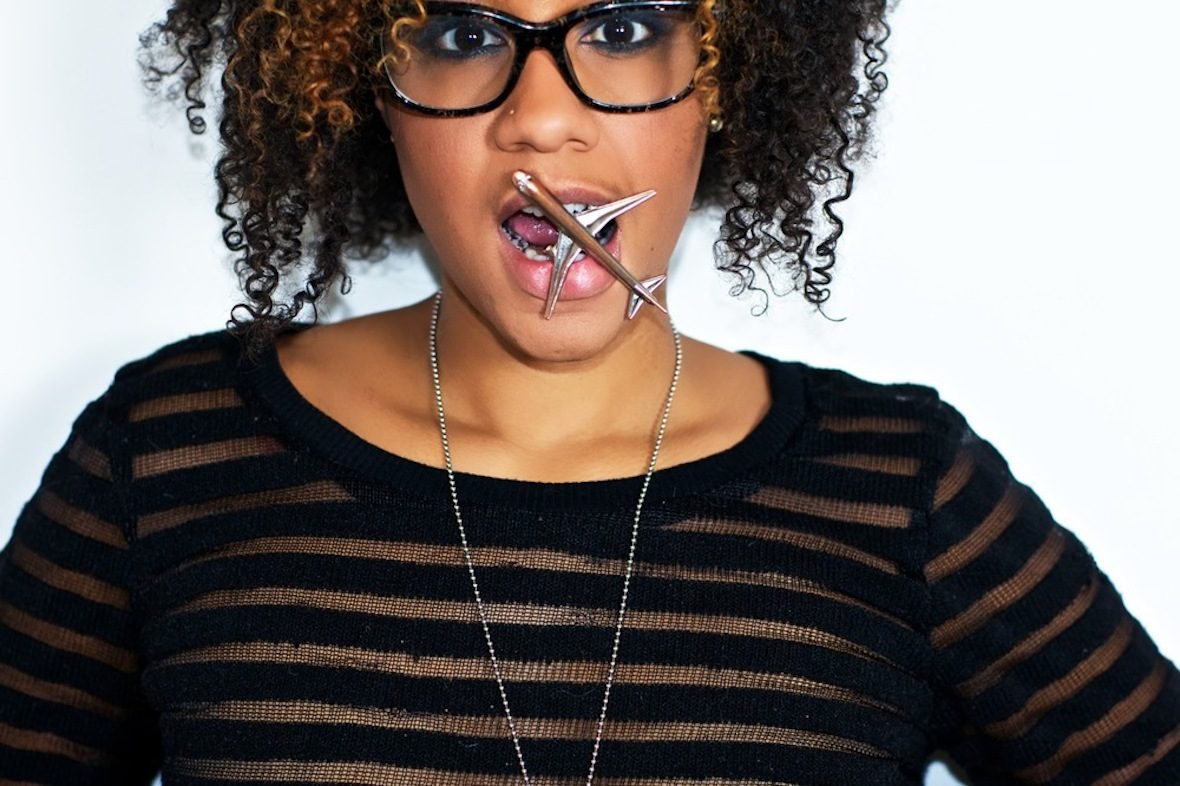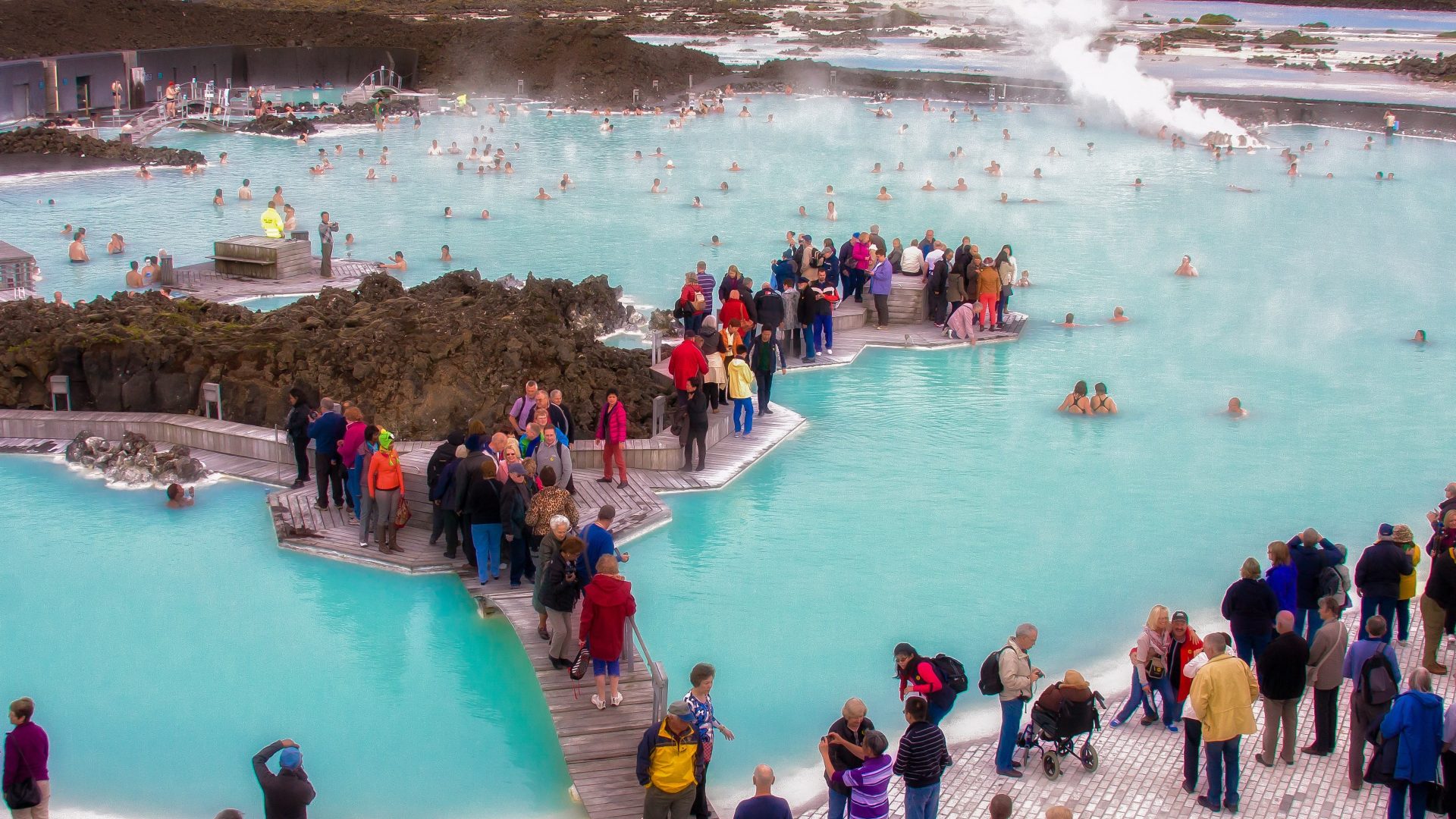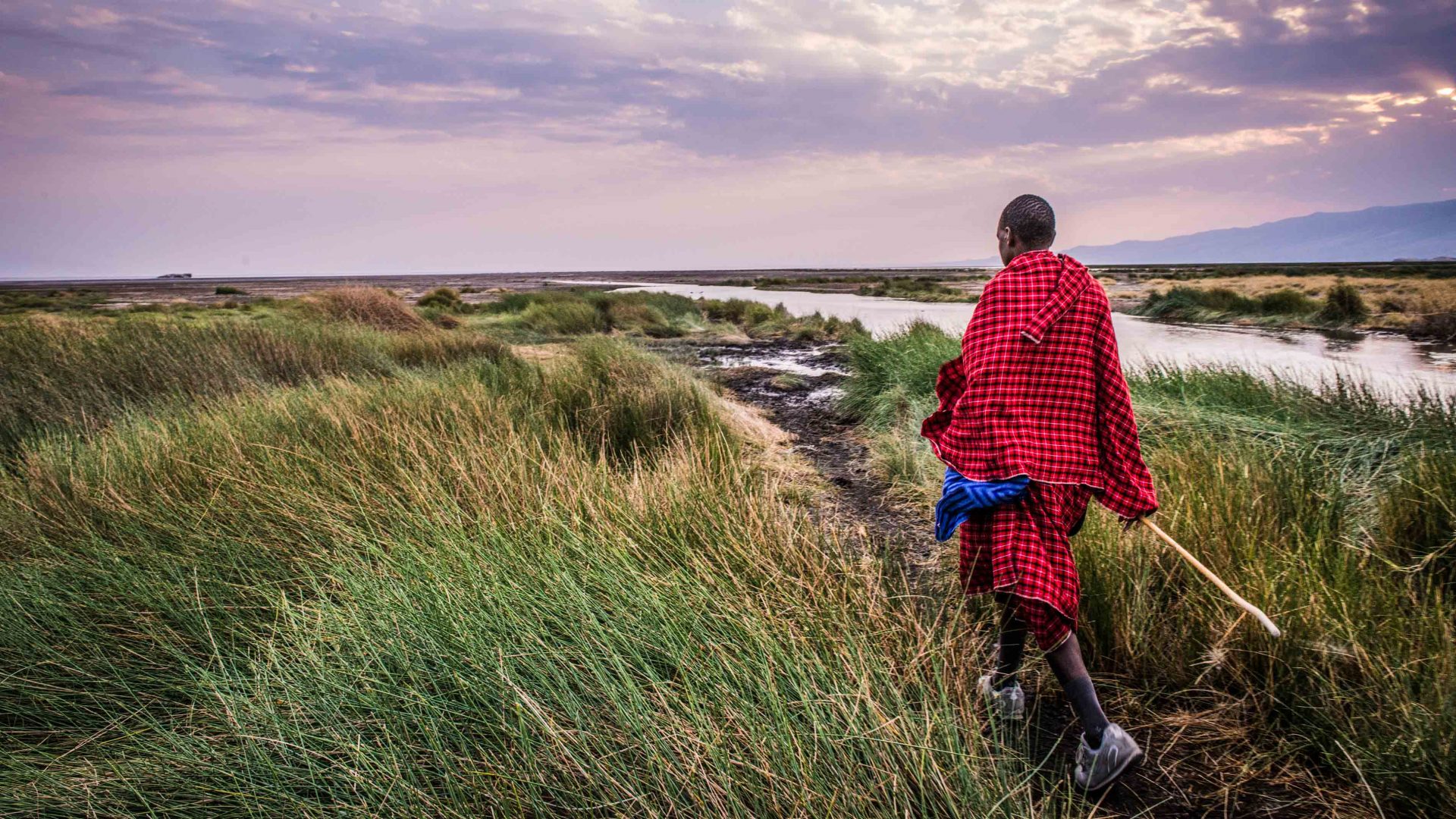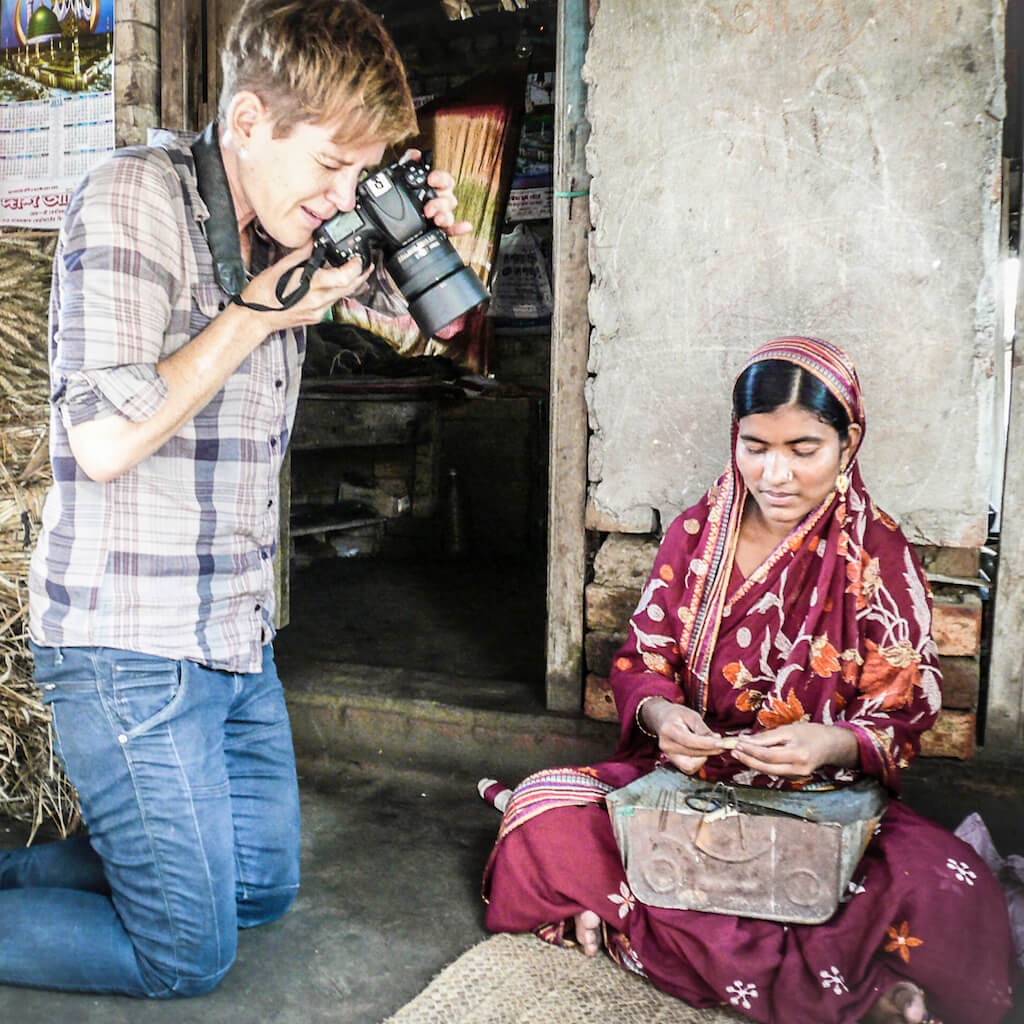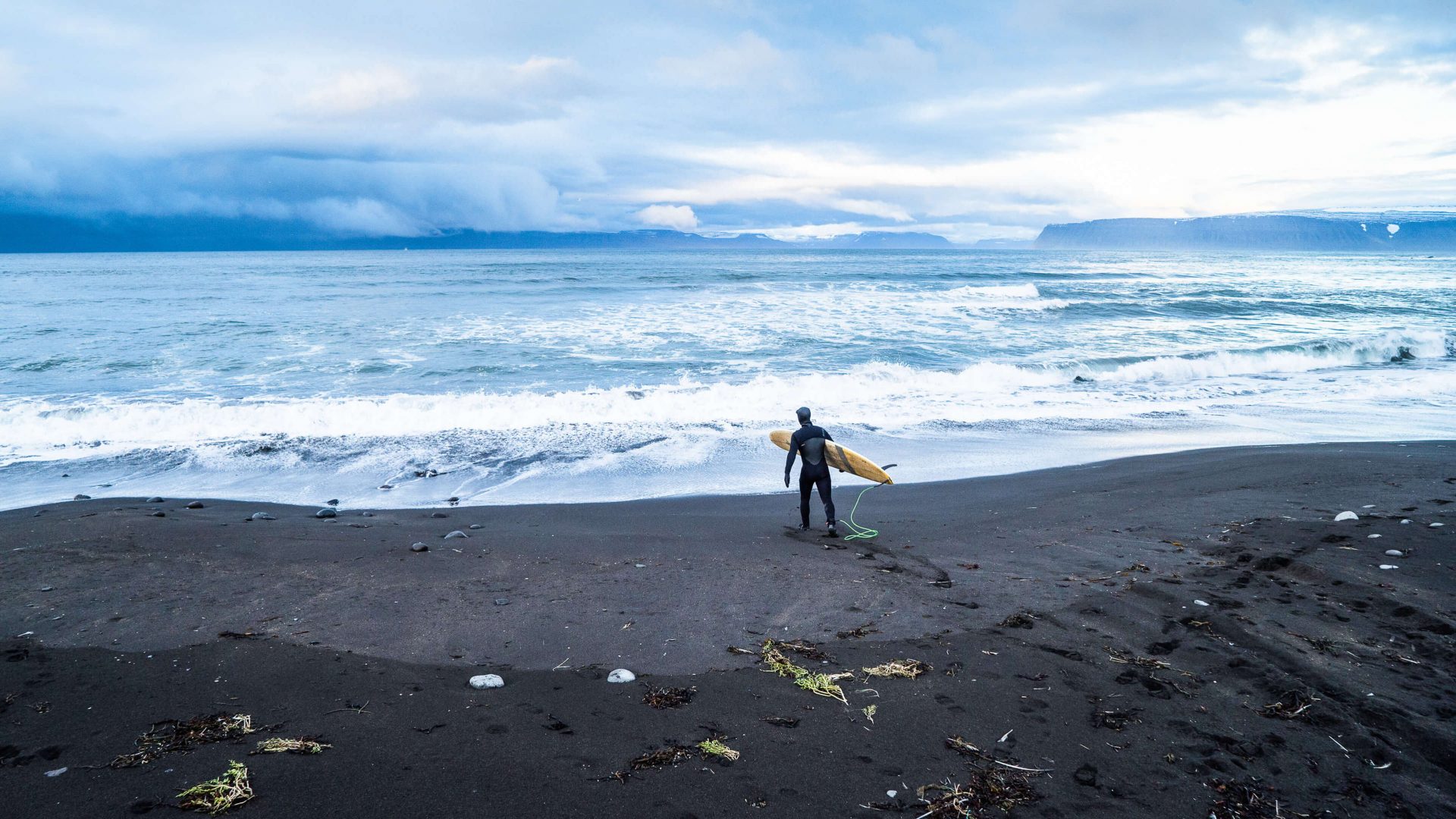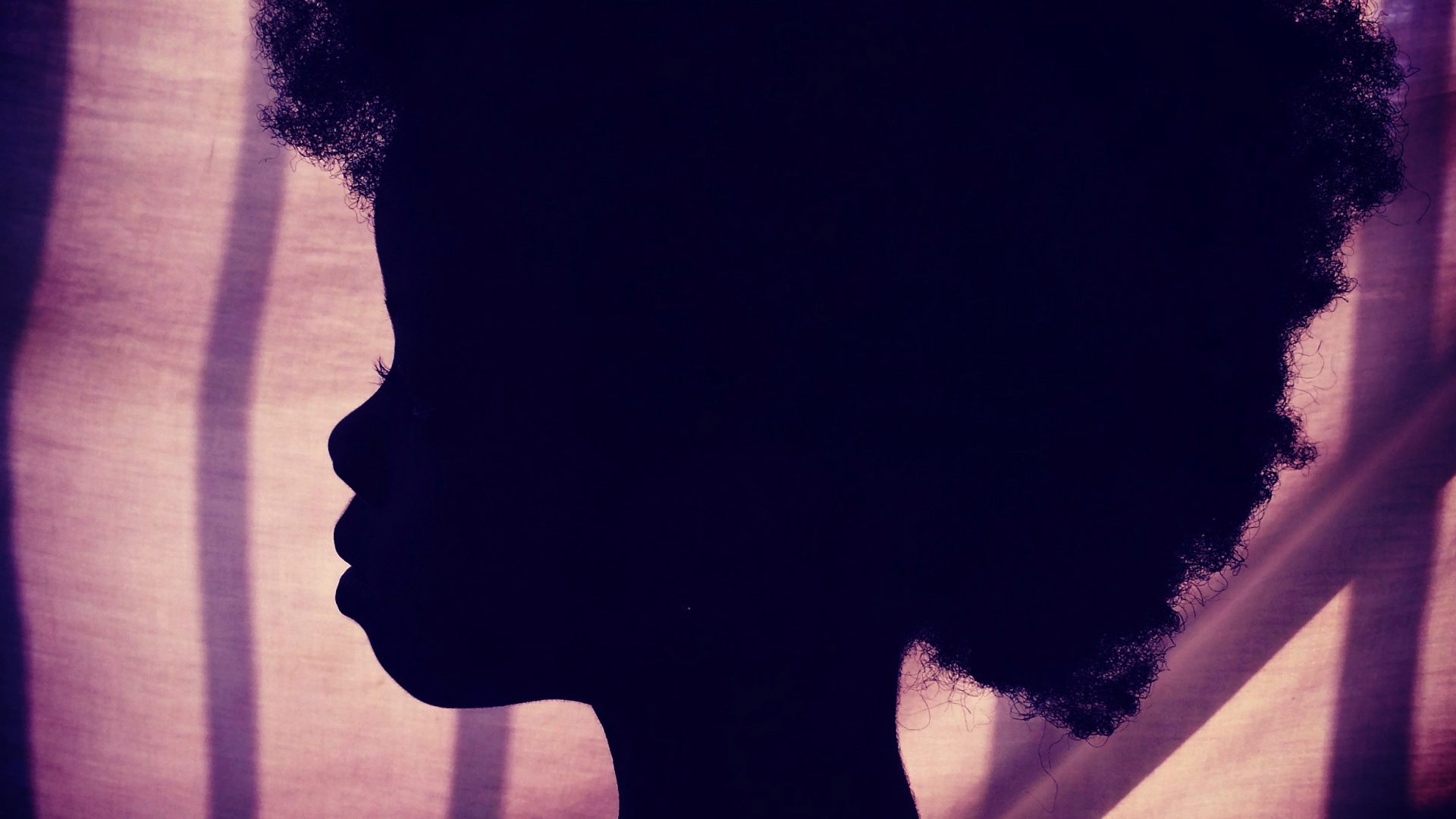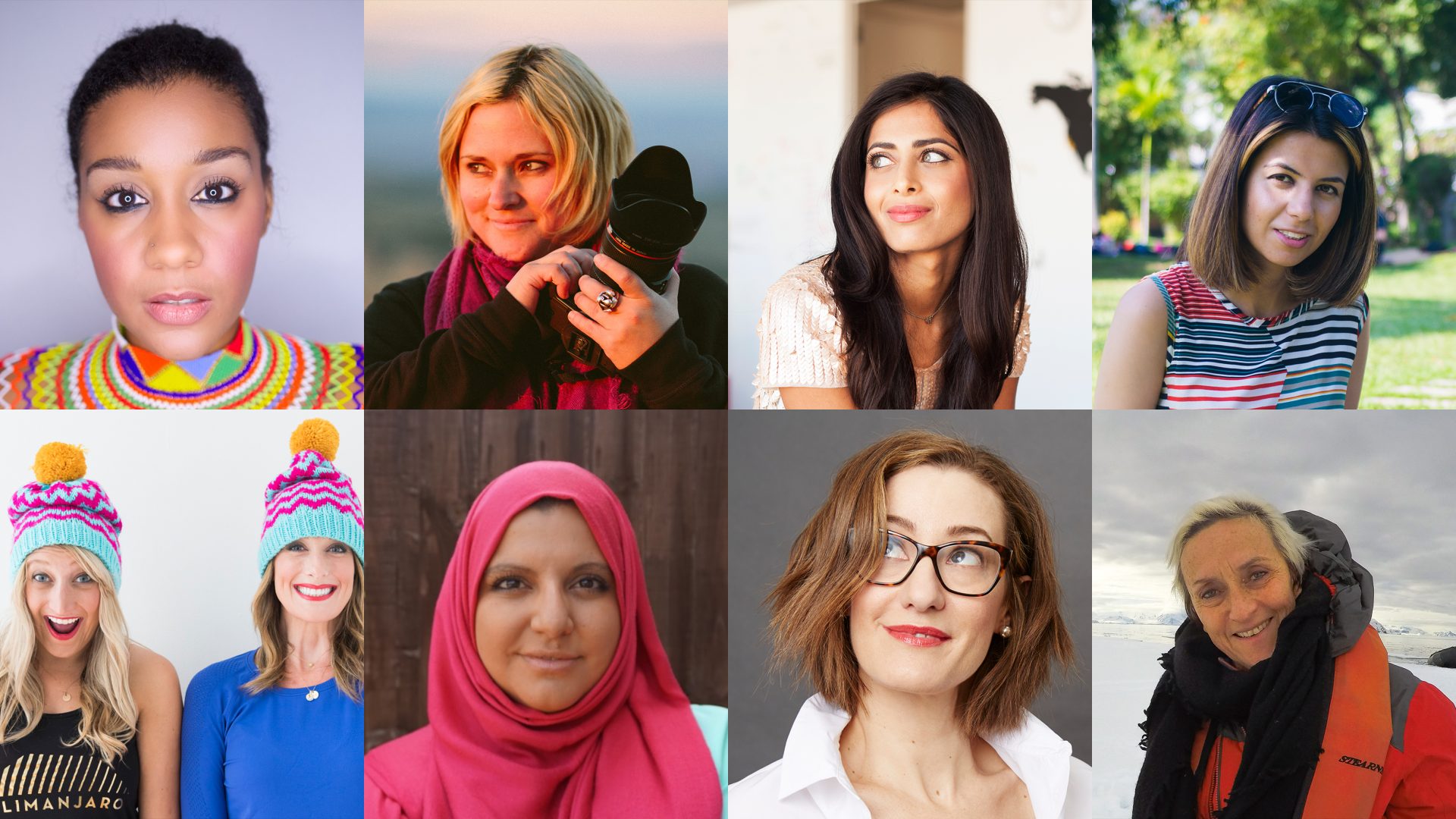
From ‘Muslim Travel Girl’ defying stereotypes to Kelly Lewis pioneering Women’s Travel Fest, these female leaders from around the globe are breaking down all sorts of barriers in travel.
Women traveling is nothing new, nor is it a passing trend. So it’s not news that women, just like their male counterparts, have equal if not more desire to travel the world. But what is changing? The world is finally catching up and recognizing 2017 as ‘The year of the modern female traveler’ with more female leadership in the travel space.
Whether it’s storytellers traveling solo, Silicon Valley CEOs making travel booking easier, entrepreneurs catering to underrepresented communities, or scientists leading the way in climate change, these women are the game-changers the travel world needs right now.
